Our Medically Assisted Treatment usually involves the following:
Methadone
Methadone has been used to treat patients addicted to heroin and narcotic pain medicines for decades. It lessens physical withdrawal symptoms by changing how the brain and nervous system responds to pain. With a safely prescribed amount, it blocks the euphoric effects that causes addiction, allowing patients to gradually ease off their dependency on drugs. Methadone is self-administered, taken once a day in the form of pill, liquid and water.
Buprenorphine
Different from Methadone, Buprenorphine must be performed in a highly structured clinic under closer supervision of physicians. Buprenorphine is an opioid partial agonist as it produces the same euphoric effect and respiratory depression as opioids. Its effects increase with each dose until a certain point, where more doses won’t increase the effect anymore. This “ceiling effect” lowers the risk of misuse, dependency and side effects.
Naltrexone
Naltrexone blocks the euphoric and sedative effects of drugs by activating opioid receptors in the body that suppress cravings. It comes in a pill form or as an injectable and can be prescribed by licensed health care providers. Nonetheless, patients must abstain from illegal opioids and opioid medication for a minimum of 7-10 days before starting naltrexone for the medication to be effective.
Subutex
Subutex has been approved by the U.S. Food and Drug Administration (FDA) for use within medication-assisted treatment programs. It is an excellent medication option for opioid addiction. Subutex is usually prescribed to individuals at the start of treatment, with the goal of eventually transitioning to Suboxone for long-term maintenance. Like methadone, Subutex blocks opioid cravings as well as physical withdrawal symptoms with little to no risk.
Suboxone
Comprised of buprenorphine and naloxone, Suboxone is approved by the FDA as a medication for people who have an opioid addiction. Suboxone also alleviates cravings and physical withdrawal symptoms that usually occurs in the detox process. This medication is also often used as a long-term medication option after an individual begins treatment with Subutex.
Vivitrol
Vivitrol is an injectable medication approved by the FDA for use in programs that treat opioid addiction. It is a naltrexone-based medication that counters opioid cravings, alleviates physical symptoms of withdrawal and prevents overdose from occurring. Vivitrol is administered only once a month. It has a proven track record of preventing individuals in recovery from experiencing relapse.
One-on-One Therapy
While group therapy may bring important issues to light, one-on-one therapy allows our clients to explore further and come to terms with the underlying conditions that causes their addiction. One-on-one therapy is an extremely effective treatment where you or your loved one can explore very personal issues with the guidance and support of your own therapist.
Group Therapy and Programs
We believe that no single treatment model is appropriate for everyone that is why we develop an individualized program for every one of our clients. This customized program includes some of the group therapy and programs that will best address the client’s addiction history.
Here are some of the group therapy and programs that we offer:

